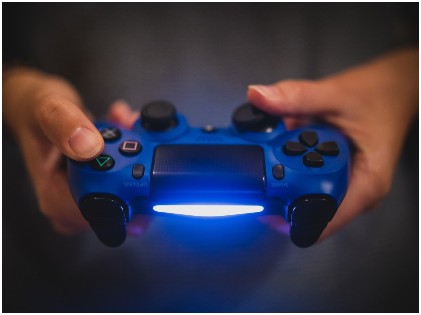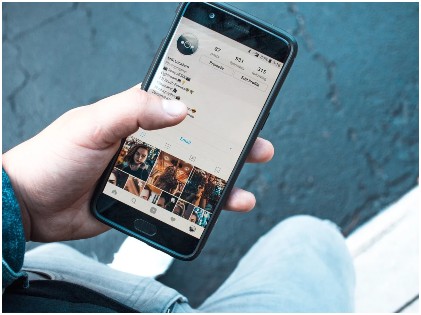Guess we’re not surprised to see the steady decline in TV viewing attitudes among Gen Z folks. That’s, however, likely to send Hollywood in a tizzy! The present data reflects the ‘seismic and permanent’ drifting in terms of what we call entertainment habits for consumers. One of the leading companies worldwide for technology, media, and telecom in the US, Deloitte has conducted extensive studies to look at the current trends that keep Gen Z preoccupied.
Where Has The Attention Shifted To?
 Far ahead of the same old TV and movies, Gen Z somehow finds solace in music, video games, and similar forms of entertainment. For any traditional media company hence, the challenge has got bigger than ever before. Gen Z does merely keep their entertainment world limited to TV shows and films. They have somehow moved away from these two forms of entertainment in the traditional sense.
Far ahead of the same old TV and movies, Gen Z somehow finds solace in music, video games, and similar forms of entertainment. For any traditional media company hence, the challenge has got bigger than ever before. Gen Z does merely keep their entertainment world limited to TV shows and films. They have somehow moved away from these two forms of entertainment in the traditional sense.
Have Video Games Changed The Scenario?

It’s the COVID 19 crisis that has caused a typical surge in the popularity of video games. The use of smartphones and other gadgets has spiked up, and naturally. And the effect is evident in the online gaming industry.
To an extent, we can say that the flow might ebb as restrictions are now getting a tad loose. But suppose you care to ask respondents in a recent Deloitte study. In that case, a fair mix of millennials, Generation X and Gen Z, a vast majority agree that video games helped them foster connectedness with fellow people in such trying times.
As a result of staying hooked for long hours in these games, almost 46% of gamers agreed how video games took the lion’s share of their time, which is why they did not feel the need to devote themselves to other entertainment types like TV.
Is Gen Z Going To Be The Next Millennials?
Not really! The obsession and craze surrounding exciting video games have witnessed such levels that most people opined how it’s likely to have a long-term impact on the ‘media biz.’ The common belief was that when millennials would start aging, they would display similar media behavioral patterns as their older counterparts. But that didn’t occur. Hence, we cannot conclude that Gen Z will slowly walk towards the path of millennials.
What Did The Deloitte Media Trends Survey Reveal?

Deloitte has studied in depth the entertainment and activities of US consumers basing on their age. The top 5 activities include- playing video games, listening to music, browsing the internet, engaging on social media platforms, and watching TV shows or movies at home. Few other findings from the survey also pinpoint what lies ahead.
For instance, the churn rate (percentage account cancellations) for services related to streaming video has witnessed a typical jump at the time of COVID. Between October 2020 and February 2021, it was 37% (against 20% before the pandemic).
However, US consumers are not happy with one or two streaming services- they have, on average, have access to no less than four paid video streaming outlets, and 82% subscribe to anyone paid service.
Price increases were normal, making the biggest reason consumers wanted to cancel any gaming, music, or paid video service. If we check the records- content constituted 35% and costing 46% as pivotal factors in the decision-making process of subscribing to new paid streaming video services.
About 55% of consumers like to watch free video services, with no support for ads. 40% prefer $12 every month to access streaming video service sans ads, and that comes against 60% of consumers who would be ready to accept few ads only if the monthly subscription costs go down.
Amongst those surveyed, 53% dislike when the content they wish to watch is somehow removed from the streaming service.
What Can We Infer From This?
More than half of consumers from the Gen Z category depend up on social media in every possible way. While 12% believe in getting news from cable TV or another network, a higher percentage feel social media sites offer more news. In contrast, 58% of boomers depend on cable TV, and 8% rely on social media for news stories.
Lastly, 77% of respondents believe governmental activities should include more regulation of data collection and usage.
This data is quite useful to track the behaviors of Gen Z, owing to its recency (February 2021). The new generation is increasingly moving toward smaller screens and devices. And that is something that marketers should ponder.




